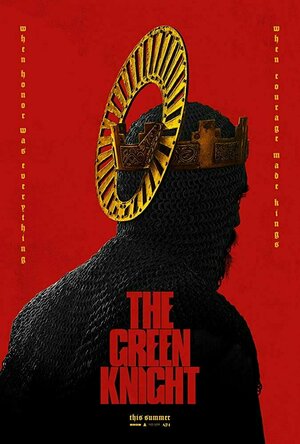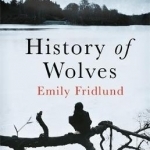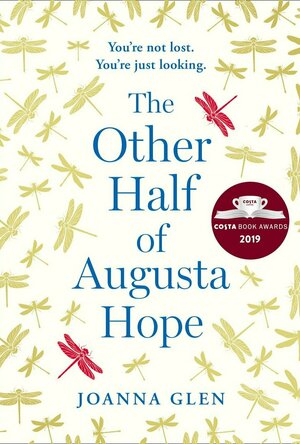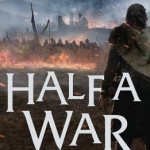
Half a War (Shattered Sea, Book 3)
Book
A classic coming-of-age tale set in a vivid and richly-imagined world from Sunday Times bestselling...
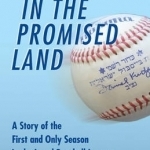
Pitching in the Promised Land: A Story of the First and Only Season in the Israel Baseball League
Book
It was the first (and last) season of professional baseball in Israel. Aaron Pribble, twenty-seven,...
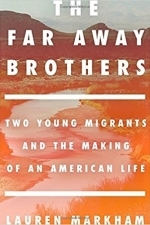
The Far Away Brothers: Two Young Migrants and the Making of an American Life
Book
The deeply reported story of identical twin brothers who escape El Salvador’s violence to build...
Politics social issues
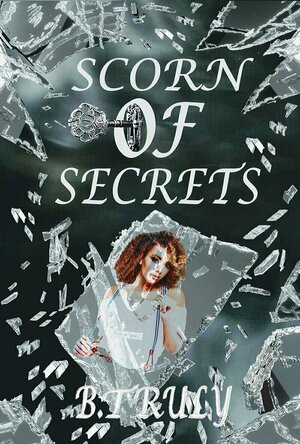
Scorn of Secrets
Book
I must keep it locked away—the memory of my darkest secret…. When the rising tides of my life...
Young Adult YA Coming of Age Urban Romance
LeftSideCut (3776 KP) rated The Green Knight (2020) in Movies
Sep 29, 2021
The themes running through the film are many. It presents itself as a coming of age tale, but is primarily about the conflict of pride and honour, and what one is willing to do to leave a legend in their stead. All of these threads are executed wonderfully under the skin of a fantasy voyage. The fantasy setting has a near constant feeling of dread running through it. There are moments here and there that flirt with horror, and are genuinely unsettling, thanks in no small part to a unnerving music score by Daniel Hart, a frequent collaborater of director David Lowery. His score draws you in to the point of not being able to look away, even when you want to.
As mentioned, The Green Knight is visually stunning, an unarguable feast for the eyes. The whole runtime is bursting with beautiful vistas, colourful fever dreams, inspired perspective shots, and some moments that are designed to stick in the mind, rent free. The whole aesthetic and world design feels unique, the titular Green Knight being a fine example.
It has a top tier cast just to really sweeten the deal as well.
All of these aspects combined make for an engaging Arthurian tale that is hard to forget. It surely won't be to everyone's liking, but as far as I'm concerned, it's an excellent piece of film making that absolutely deserves to be seen regardless.
Suswatibasu (1703 KP) rated The History of Wolves in Books
Nov 3, 2017
Linda is 14, melodramatic and poetic. She's somewhat obsessed with a classmate, Lily, who spread rumours that their teacher, Me Grierson, molested her though this is questionable. Linda's narrative often veers off into dark corners, and the way the story is told (going back and forth, from teenage Linda to older Linda, reminiscing) only serves to increase the feeling of unease as the reader continues through the story.
The girl also spends a lot of time babysitting Paul, a toddler who moved into a cabin across the lake with his mother, Patra. Paul's father, Leo, is often working away, but when he arrives, Linda's relationship with Petra becomes strained. Patra's youth becomes glaringly obvious when her older husband appears. As a reader you're aware that something terrible has happened, but author Emily Fridlund trickled the information into your mind, keeping you reading until the end. The story surrounds Linda feeling both as a victim and a wrongdoer.
It's not the best Man Booker long list read as at times the narrative is far too disjointed. But the author writes very well.
Kayleigh (12 KP) rated The Clock Of Life in Books
Jan 2, 2019
This book gets a middling 3 stars from me. I found the character development to be really detailed, and I felt as though I knew the characters by the end. As the blurb already mentions, the main focus of the book is on Jason Lee. Starting from when he began school and ending with a relationship and career choice as a teenager, this book is Jason's journey through childhood.
The reason it didn't rate any higher for me though is that I found it to be fairly slow paced, and at times weighed down with politics that as an English woman, I didn't completely connect with. Plotwise, while things did happen, it didn't become exciting until right at the end.
The message about race is a good one, and the book highlights how far attitudes towards race have come. I did enjoy it, although maybe not in the way I enjoyed a book like The Hunger Games, where I felt a sense of satisfaction and couldn't wait to read more. If you like bildungsromans/coming-of-age stories, I'd definitely recommend it.
James Koppert (2698 KP) rated The Other Half of Augusta Hope in Books
Oct 25, 2019 (Updated Oct 25, 2019)
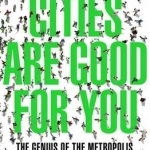
Cities Are Good for You: The Genius of the Metropolis
Book
The 21st century will be the age of the city. Already over 50% of the world population live in urban...
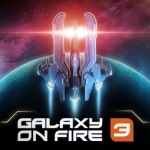
Galaxy on Fire 3 - Manticore
Games
App
SHOOT DOWN SPACE PIRATES IN THE #1 SCI-FI ACTION SHOOTER! ► "Galaxy on Fire 3 - Manticore is one...
